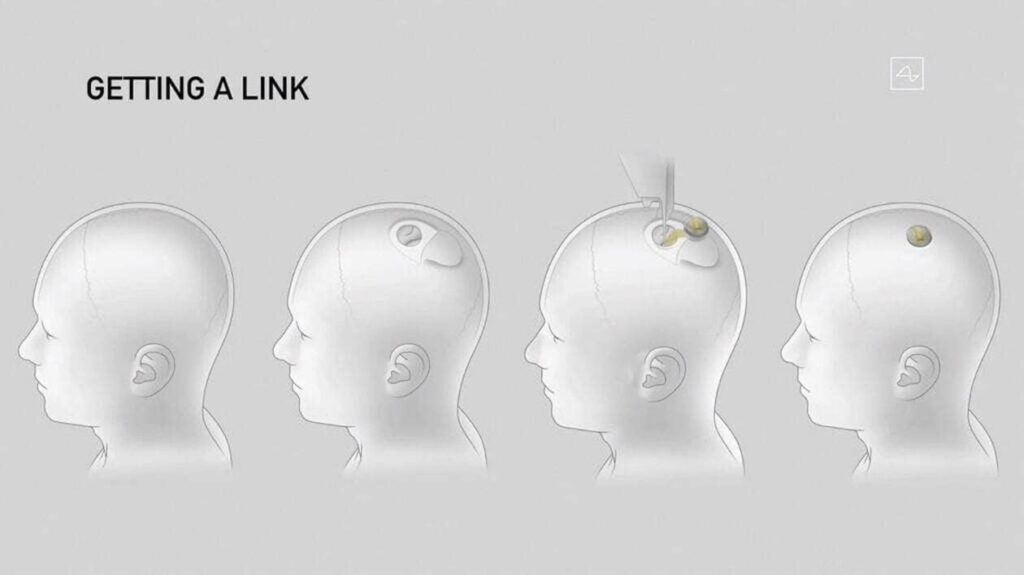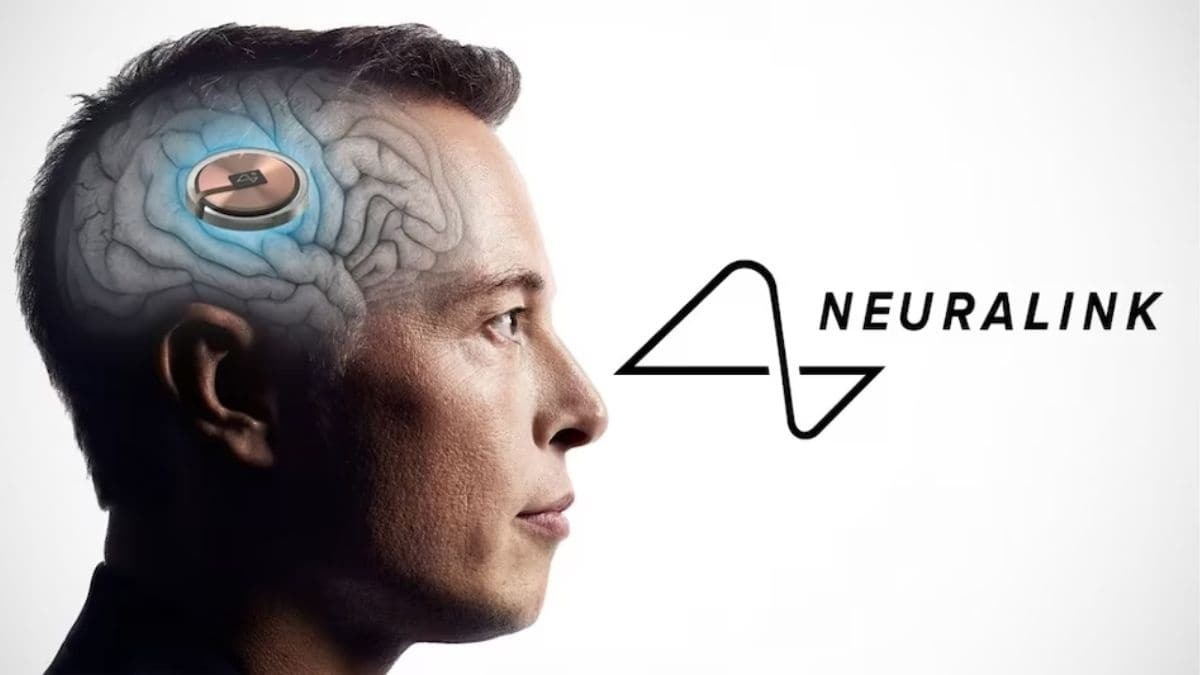Neuralink: A Quadriplegic Plays Chess by Thought and a Promising Future with Blindsight
The incredible breakthrough by Neuralink, the company co-founded by Elon Musk, has been highlighted with the story of Noland Arbaugh, a 29-year-old quadriplegic man, who was able to play chess on a computer by controlling the mouse solely with his thoughts. Thanks to the brain implant developed by Neuralink, Arbaugh demonstrates a significant advancement in the field of neurotechnology, opening doors to previously unimaginable possibilities for people with limited mobility.
The implant, the size of a two-euro coin, acts by reading the user’s brain activity and interpreting their intentions to control external devices. This technology represents a beacon of hope for millions of people worldwide, offering them a new form of independence and interaction with their environment.

Blindsight: The Promise of a Limitless Future
Neuralink does not stop there. With the announcement of Blindsight, their next product, the company aims to restore sight to the blind by using brain-computer interfaces (BCI) to bypass damaged visual pathways. This ambitious project seeks to transform visual data captured by a camera into signals that the brain can understand, thereby creating a new form of visual perception.
The success of the brain implant in Arbaugh and the prospect of Blindsight illustrate Neuralink’s commitment to pushing the boundaries of medicine and technology. These advancements promise to radically change the way we interact with the world, offering unprecedented opportunities to improve the quality of life for disabled individuals.
Reflections on Future Implications
As we celebrate these achievements, it is crucial to consider the ethical, safety, and privacy implications associated with these technologies. The protection of personal data and the guarantee of ethical use are paramount to ensuring that these innovations benefit all without compromising our integrity or autonomy.
In summary, Neuralink’s developments in the field of brain implants open new and fascinating horizons for humanity. By providing concrete solutions to improve mobility and independence for disabled persons, and envisioning a future where challenges such as blindness could be overcome, Neuralink positions itself at the forefront of the technological revolution in neuroscience.
FAQ
What is Neuralink?
Neuralink is a company co-founded by Elon Musk, specializing in the development of brain-machine interfaces (BMI) aimed at connecting the human brain to computers.
How does the Neuralink implant work?
The implant reads brain activity and translates it into computer commands, allowing the user to control external devices through thought.
Who is Noland Arbaugh?
Noland Arbaugh is a 29-year-old man who became quadriplegic following an accident and is the first patient to benefit from Neuralink’s brain implant.
What is Blindsight?
Blindsight is Neuralink’s next product, designed to restore sight to the blind through innovative brain-computer interface technology.
What are the benefits of the Neuralink implant?
The implant offers new independence to people with limited mobility and promises significant advances in treating various medical conditions.
Is Neuralink the only one developing this technology?
Although Neuralink is at the forefront, other companies and research institutes are also working on similar brain-computer interface technologies.
What are the ethical and safety challenges associated with Neuralink?
Challenges include protecting personal data, implant safety, and the ethical implications of potentially modifying human capabilities.
How could Neuralink change the future?
Neuralink has the potential to revolutionize medicine, improve the quality of life for disabled people, and open new communication pathways between humans and machines.
Are there risks associated with using the Neuralink implant?
As with any surgical procedure and new technology, risks exist, but Neuralink works closely with regulators to ensure the safety of its devices.
When will Neuralink’s products be available to the general public?
Neuralink continues to test and develop its products, aiming for commercialization as soon as safety and efficacy are fully established.
